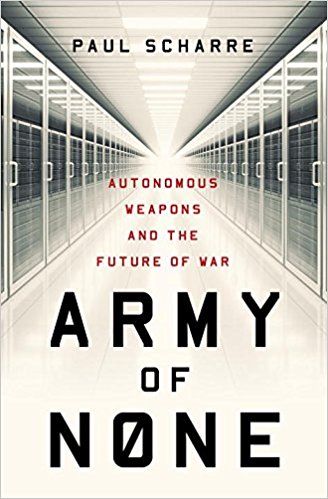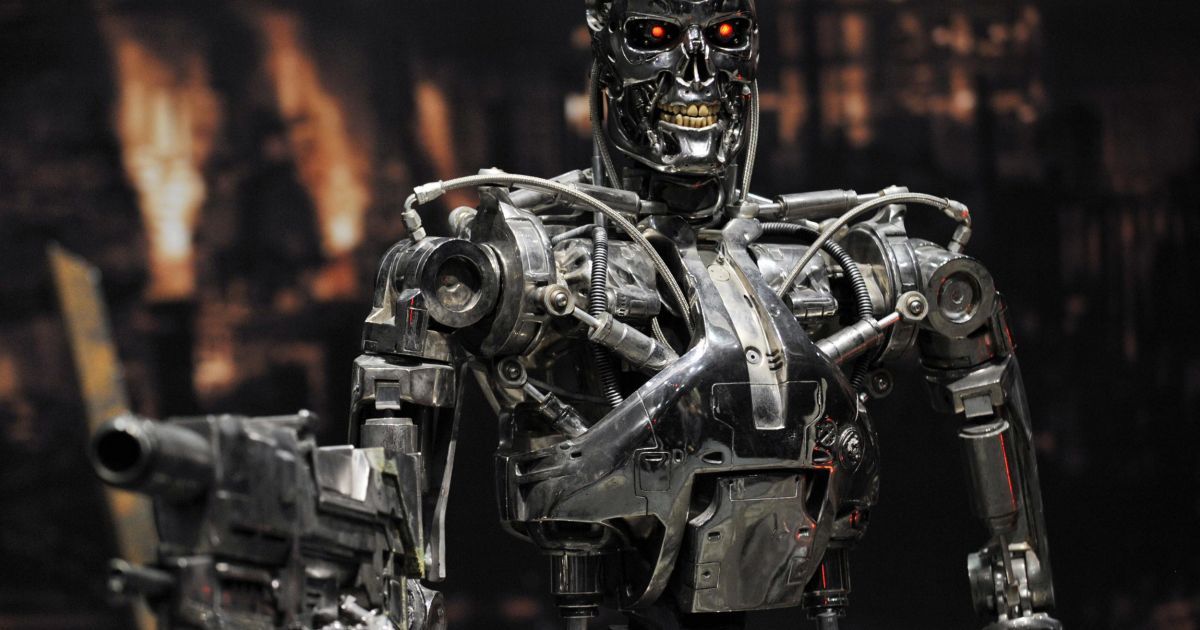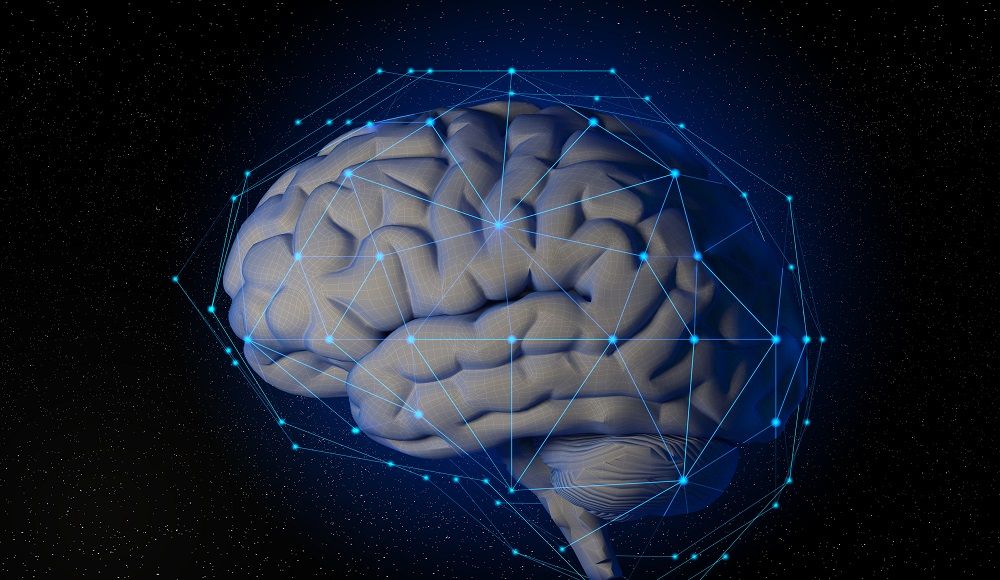AUSTIN — At SXSW 2018, artificial intelligence (AI) was everywhere, even in the sessions that were not specifically about the subject. AI has captured the attention of people well outside the technology space, and the implications of the technology are far-reaching, changing industries, eliminating many human jobs, and changing the nature of work for most of us going forward. I expect that an AI bot could write this article within 10 years — and likely much sooner — simply by ingesting all the information from the sessions I attended, coupled with an ability to research related information on the internet much better than I could.
Interestingly enough, as Ray Kurzweil pointed out in his talk here, the term “artificial intelligence” was coined at a summer workshop at Dartmouth in 1956 attended by computing pioneers such as Marvin Minsky and Claude Shannon, at a time when computers still ran on vacuum tubes and computers in the world numbered in the hundreds.
While we have a handle on what constitutes artificial intelligence in computers today, what constitutes intelligence in humans is still not completely agreed upon. We have some 100 billion neurons in our brains, and those neurons can make 100 trillion connections, which certainly outstrip any computer today. Those connections allow us to identify things, make decisions, use and understand language, and many other things that a computer has a hard time doing – for now.





